Ouroboros
Ouroboros
Understanding the War Machine
of Liberalism
Phil W. Reynolds
LEXINGTON BOOKS
Lanham Boulder New York London
Published by Lexington Books
An imprint of The Rowman & Littlefield Publishing Group, Inc.
4501 Forbes Boulevard, Suite 200, Lanham, Maryland 20706
www.rowman.com
6 Tinworth Street, London SE11 5AL, United Kingdom
Copyright 2019 by The Rowman & Littlefield Publishing Group, Inc.
All rights reserved . No part of this book may be reproduced in any form or by any electronic or mechanical means, including information storage and retrieval systems, without written permission from the publisher, except by a reviewer who may quote passages in a review.
British Library Cataloguing in Publication Information Available
Library of Congress Cataloging-in-Publication Data
ISBN 978-1-4985-9091-4 (cloth : alk. paper)
ISBN 978-1-4985-9092-1 (electronic)
 The paper used in this publication meets the minimum requirements of American National Standard for Information SciencesPermanence of Paper for Printed Library Materials, ANSI/NISO Z39.48-1992.
The paper used in this publication meets the minimum requirements of American National Standard for Information SciencesPermanence of Paper for Printed Library Materials, ANSI/NISO Z39.48-1992.
Printed in the United States of America
Contents
This monograph is much more than a long answer to an academic question. It is the accumulation of years of working in the national security field. It reflects in many ways the thoughts and ideas of all the wonderful men and women Ive had the privilege to serve with across the United States and in many countries. It was their hard work and courage that allowed me to move beyond the Army and address the questions in these pages.
My deepest gratitude goes to Jairus Grove, who took a chance on me as a student, and then my proposal, answering all my questions with patience and cheer. I would like to thank Richard Chadwick, Kate Zhou, Nicole Grove, and particularly Pete Hoffenberg, for their support to my very non-traditional academic plan, and all whose guidance and care has been priceless. I would like to thank the faculty at the U.S. Naval Postgraduate School with whom Ive continued correspondence and who always took the time to translate my clumsy ideas into new research paths: Doowan Lee, John Arquilla, Gordon McCormick, Leo Blanken, and especially David Tucker, now of Ashland University, whose wonderful works informed my own rather poor attempt. Joe Coolman, who did my job so I could write and think; Bryan Cecrle and the trivia nights that kept me sane; Sam Metzger and his wise counsel; Neal Davis, and his unquestioning trust; Trish Crow for everything.
Of course, my family for their love and support. To Leah, and to my wonderful son Josh, whose courage and wisdom gives me strength. My own parents Barb and Larry Reynolds whose endless sacrifices gave me a chance. My in-laws Bob and Sharon Mihelbergel who, sadly, passed just as I began the last leg of this journey. It has been a pleasure of my life to give something of their enthusiasm back.
ALN | Arme de libration nationale |
ANZUS | Australia, New Zealand, and the United States |
ARVN | Army of the Republic of Vietnam |
AQ | Al Qaida |
AQIZ | Al Qaida in Iraq (Zarqawi) |
COSVN | Central Office for South Vietnam (Communist) |
CPA | Coalition Provisional Authority |
CRUA | Revolutionary Committee of Unity and Action |
DMZ | Demilitarized Zone |
ENA | Etoile Nord Africaine (North African Star) |
FAE | Fundamental Attribution Error |
FIS | Islamic Salvation Front |
FLN | Front de Libration Nationale |
GATT | General Agreement on Tariffs and Trade |
GDP | Gross Domestic Product |
GVN | Government of Vietnam (South) |
IED | Improvised Explosive Device |
ICP | Indochina Communist Party |
ISI | Pakistani Intelligence Service |
ISIS | Islamic State in Syria |
IR | International Relations |
MAAGV | Military Advisory and Assistance Group-Vietnam (during the French and post 1954 period) |
MACV | Military Assistance Command Vietnam (1964 onward) |
MNA | Mouvement National Algrien |
NATO | North Atlantic Treaty Organization |
NORAD | North American Aerospace Defense Command |
NLF | National Liberation Front |
NVA | North Vietnamese Army (regular) |
OAS | Organisation de larme Secrete |
ORHA | Office of Reconstruction and Humanitarian Assistance |
PPA | Parti Populaire Algerien |
PRU | Provincial Reconnaissance Unit |
PLAF | Peoples Liberation Armed Forces (irregular) |
RPG | Rocket Propelled Grenade |
RD | Revolutionary Development (cadre) |
SDI | Space Defense Initiative |
SEATO | Southeast Asia Treaty Organization |
SPETSNEZ | Soviet/Russian Special Forces |
UCDP | Uppsala Conflict Data Program |
VPA | Vietnamese Peoples Army (regular) |
VCI | Viet Cong Infrastructure |
WTO | World Trade Organization |
Liberalism Itself is an Idea but it has Very Real Organs. Two of the Most Important are the Security Dispostif and the War Machine |
The Reordering of Society has Occurred in Three Eras. The Transition between the First Two was Rational. The Next Transition will be the End of Consensus |
State Power is Produced through the Interaction of Three Elements. Clausewitz Understood this as Early as 1808 but Died before he was Able to Fully Incorporate his Sense of the Partisan |
The Transition Away from the State to New Security Configurations Portend a Change in the Relationship between the State and the Role of Violence and Force |
The Ouroboros is the Epistemological Heir of the War Machine that Fails. It Harnesses the Potential of Ontopower into Preemptive Action |
The War Machine Inhabits the Space between the Domestic and the Periphery, Ready to Spring into Action |
Conflict is Endemic to the International System as Explained by Traditional IR Theories. Great Powers at the Top Rarely go to War with Each Other and havent Since 1945. States Lower in the System Engage in War and are Involved in Many Internal Conflicts which then Become Internationalized by the Great Powers |
Map Showing the Coalition Strategy in the 1991 Blitzkrieg Which Relied on Massive Firepower and Rapid Advances to Flank the Iraqi Army and Trap it in Kuwait. From the Center of Military History |

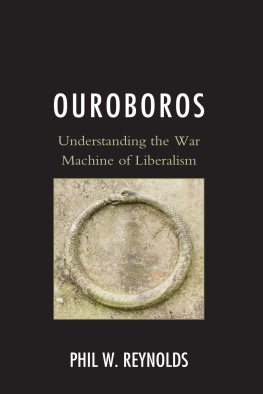
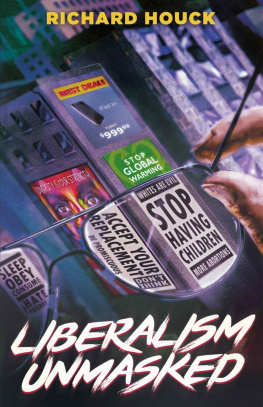
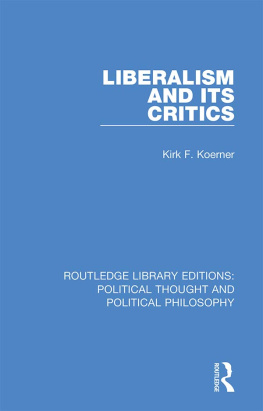
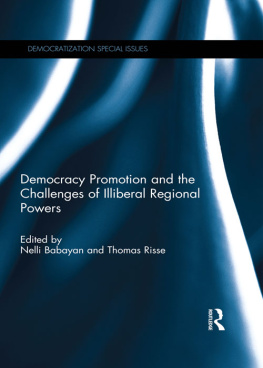
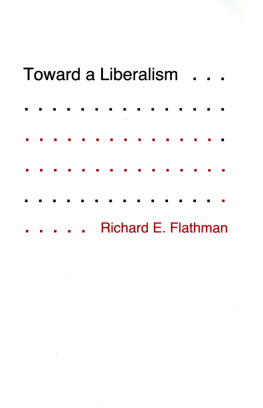
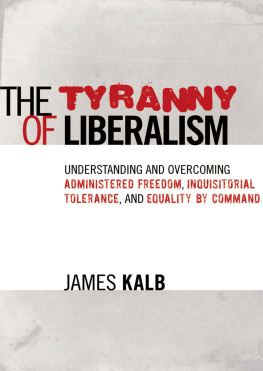
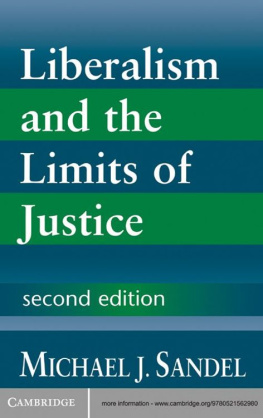


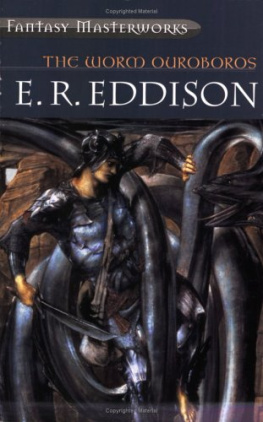



 The paper used in this publication meets the minimum requirements of American National Standard for Information SciencesPermanence of Paper for Printed Library Materials, ANSI/NISO Z39.48-1992.
The paper used in this publication meets the minimum requirements of American National Standard for Information SciencesPermanence of Paper for Printed Library Materials, ANSI/NISO Z39.48-1992.